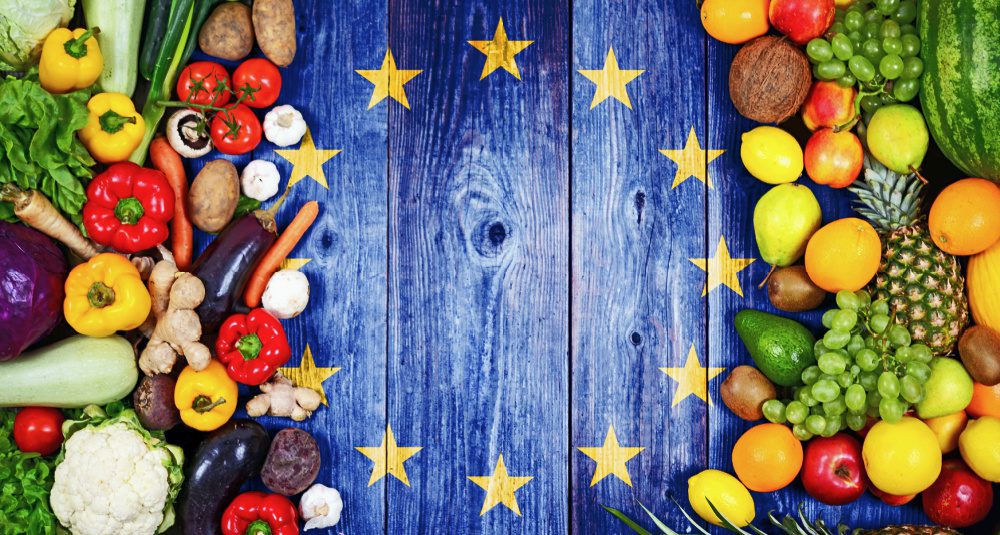The long-delayed implementation of post-Brexit checks on fresh produce imported into the UK from the EU is unfortunately facing further setbacks.
Various sources – including Reuters, the Financial Times, and the BBC – reported this month that the new border controls may have been delayed again amid fears of fuelling inflation.
The government claims they are taking extra time to assess feedback on their post-Brexit border control plan, but whatever the reason may be, the end result is that the new checks and tariffs on animal and plant products from the EU will not be introduced in October 2023.
Delayed checks on imports from the EU
The UK officially left the European Union at the start of 2021, requiring the introduction of different post-Brexit border controls for checking imports and exports.
Exports from Britain to the EU already go through full checks, but though they were supposed to begin in July 2021, checks on imports from the EU to Britain have yet to be introduced. The government has blamed COVID-19 and the war in Ukraine for the repeated delays in this area.
Before this latest delay, the government had announced this past April that some animal, plant, and food products entering the UK from EU countries would require health certifications from 31st October 2023.
Stricter requirements were due to be implemented in stages next year, with physical checks introduced from January 2024 and safety declarations required from October 2024.
However, it seems unlikely that the government will be able to stick to this schedule. The updated timeline for the Border Target Operating Model, as these measures are called, is expected to be published ‘shortly’.
Preparing for UK import rule changes
While postponing the changes to EU import checks may seem like the right thing to do at the moment, given the pressures of inflation and the requirement for businesses and port operators to have enough time to prepare, there is a high risk of continued disruption.
If the government intends to introduce new paperwork regulations and physical checks at the same time next year to prevent any more delays, much more needs to be done to make those affected aware of what will happen and what they need to do.
After all, an Institute of Export and International Trade poll at the start of this year found that around half of businesses were not confident about new customs documentation, with importers already having to get to grips with switching from the old Customs Handling of Import and Export Freight (CHIEF) system to the new digital Customs Declaration Service.
With these changes looming overhead, there’s no better time for those who import goods from the EU to sell in the UK to audit their operations. Businesses don’t just need to catch up with changing legal requirements, but to get ahead – and John K. Philips could help.
While making sure that all paperwork is in order and keeping your imported goods in secure storage while you prepare a distribution plan, our bonded warehouse also allows you to defer the payment of customs duties until your goods enter the UK market.
To find out more about how bonded storage can help your import business, give us a call on 01744 751 000, or complete our contact form and the John K. Philips team will be in touch.


